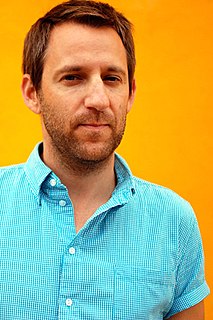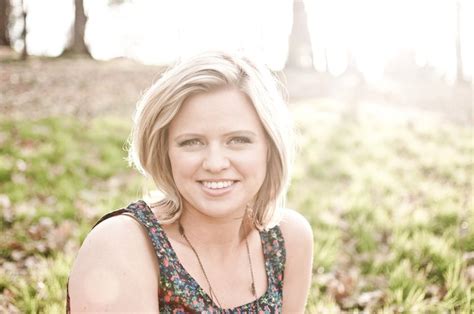A Quote by Ronald Coase
You wouldn't think there was a need for a Coase Theorem, really.
Related Quotes
If you have to prove a theorem, do not rush. First of all, understand fully what the theorem says, try to see clearly what it means. Then check the theorem; it could be false. Examine the consequences, verify as many particular instances as are needed to convince yourself of the truth. When you have satisfied yourself that the theorem is true, you can start proving it.
I think that if your tenure case depends on your proving what you thought was a mathematical theorem and the proposed theorem turns out to be false just before your tenure decision, and you want to get tenure very badly, there is a sense in which it's perfectly understandable and reasonable of you to wish the proposed theorem were true and provable, even if it's logically impossible for it to be.
There's only one problem that bothers me. And that's something my theorem [ of Impossibility] really doesn't cover. In my theorem I was assuming people vote sincerely. The trouble with methods where you have three or four classes, I think if people vote sincerely they may well be very satisfactory. The problem is the incentive to misrepresent your vote may be high.
Bells theorem dealt a shattering blow to Einsteins position by showing that the conception of reality as consisting of separate parts, joined by local connections, is incompatible with quantum theory... Bells theorem demonstrates that the universe is fundamentally interconnected, interdependent, and inseparable.
We re-make nature by the act of discovery, in the poem or in the theorem. And the great poem and the deep theorem are new to every reader, and yet are his own experiences, because he himself re-creates them. They are the marks of unity in variety; and in the instant when the mind seizes this for itself, in art or in science, the heart misses a beat.
In the "commentatio" (note presented to the Russian Academy) in which his theorem on polyhedra (on the number of faces, edges and vertices) was first published Euler gives no proof. In place of a proof, he offers an inductive argument: he verifies the relation in a variety of special cases. There is little doubt that he also discovered the theorem, as many of his other results, inductively.
I like when people don't feel the need to have everything add up perfectly. I don't think we need that, what I think we need is to let ourselves have room to move and understand that life is a journey. And with that comes freedom. I think the more you try to compartmentalize and snap it all into place you may rob yourself of an experience that's really important for you.
I think that my music is really honest and I think I have something to say. The world revolves around so much negativity that I feel we really need something positive right now. I think people need to be encouraged to strive after those things that seem impossible. That is one of the common themes that runs through my record.

































